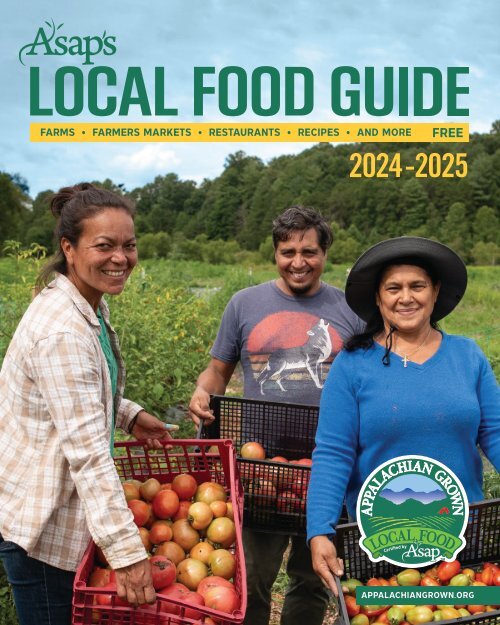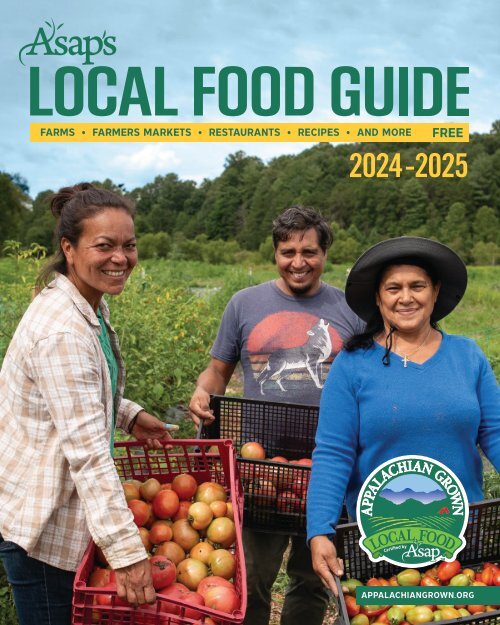
Cultivate Resilience: How California’s Cottage Food Law is Empowering Micro-Entrepreneurs and Strengthening Local Food Systems
Imagine Maria, a retired teacher with a passion for baking sourdough bread using heritage grains she grows in her backyard. For years, she gifted her loaves to friends and neighbors, who raved about their exceptional flavor and texture. Maria dreamed of turning her hobby into a small business, but the daunting regulations and high costs of commercial kitchens seemed insurmountable. Then, she heard about California's Cottage Food Law. This law provided a pathway for her to legally sell her homemade goods directly to consumers, right from her home kitchen. Today, Maria's sourdough is a local favorite at the farmers market, bringing joy to her community and providing her with a supplemental income.
California's Cottage Food Law is creating opportunities just like this for countless micro-entrepreneurs, strengthening local food systems, and fostering community resilience. It's a story of how thoughtful legislation can unlock the potential of home-based businesses and create a more sustainable future for food production.
What is the California Cottage Food Law?
The California Cottage Food Law, officially known as the California Homemade Food Act, allows individuals to prepare and sell certain low-risk food products from their home kitchens. This legislation, overseen by the California Department of Public Health (CDPH), has been instrumental in reducing barriers to entry for aspiring food entrepreneurs. The law allows individuals to operate as either a Class A or Class B Cottage Food Operation (CFO).
- Class A CFOs can sell directly to consumers, such as at farmers markets, roadside stands, or directly from their home.
- Class B CFOs can sell directly to consumers and indirectly through third-party retailers like restaurants or grocery stores.
Both classes require permits from their local Environmental Health Agency and adhere to strict guidelines to ensure food safety.

A guide to finding local food in California.
Who Benefits from the Cottage Food Law?
The California Cottage Food Law benefits a wide range of individuals and communities. Specifically, it impacts:
- Homesteaders and Small Farmers: Individuals who grow their own ingredients or source them locally can create value-added products and generate additional income. This empowers them to diversify their income streams and build more sustainable livelihoods. This is especially beneficial for those practicing Homesteading California and Sustainable Farming California.
- Micro-Entrepreneurs: The law provides a low-cost entry point for aspiring business owners to test their products, build a customer base, and gain experience before investing in a commercial kitchen. It fuels the spirit of Micro-Business California.
- Consumers: The law increases access to unique, locally produced foods that are often made with higher-quality ingredients and prepared with greater care than mass-produced items. Consumers can enjoy fresh, artisan goods and support their local economy. This increases access to Local Food California.
- Local Economies: By supporting small-scale food production, the Cottage Food Law helps to keep money circulating within local communities. This fosters economic development, creates jobs, and strengthens the overall resilience of the local economy. It supports the California Local Food System.
- Communities: Access to fresh, locally made food builds community. Local farmers' markets become gathering places that strengthen social ties and create more vibrant and connected communities.
What Opportunities Does it Create?
The Cottage Food Law unlocks a wealth of opportunities, including:
- Income Generation: Individuals can turn their passion for cooking and baking into a source of income, supplementing their existing earnings or creating a full-time business.
- Business Incubation: The law allows aspiring entrepreneurs to test their business ideas and refine their recipes before making significant investments. This is crucial for Home-Based Food Business California.
- Market Access: Cottage food operators gain access to diverse markets, including farmers markets, online platforms, and retail stores. This expands their reach and increases their potential customer base.
- Creative Expression: The law empowers individuals to express their creativity through unique and innovative food products. This fosters culinary innovation and diversity within the local food system.
- Community Building: Cottage food businesses often become integral parts of their local communities, fostering relationships between producers and consumers. This creates a more connected and resilient food system.
Taking Action: How to Start Your Cottage Food Business
Ready to turn your culinary passion into a thriving cottage food business? Here's a step-by-step guide to getting started:
Research the Regulations: Familiarize yourself with the specific requirements of the California Cottage Food Law. Visit the California Department of Public Health (CDPH) website or your local Environmental Health Agency for detailed information on permissible foods, labeling requirements, and operational guidelines. Search keywords such as: Cottage Food Law California Regulations and Permits.
Determine Your CFO Class: Decide whether you want to operate as a Class A or Class B CFO based on your desired sales channels.
Obtain a Permit: Apply for a Cottage Food Operation permit from your local Environmental Health Agency. The application process typically involves providing information about your business, your food products, and your kitchen setup.
Food Safety Training: Complete a food safety training course approved by the CDPH. This training will equip you with the knowledge and skills necessary to prepare food safely and prevent foodborne illnesses. You'll need a Food Handler's Card.
Labeling Requirements: Ensure that your food products are properly labeled with all required information, including the name of your business, the name of the product, a list of ingredients, and allergen information.
Kitchen Inspection: Your local Environmental Health Agency may conduct an inspection of your home kitchen to ensure that it meets the requirements of the Cottage Food Law.
Marketing and Sales: Develop a marketing strategy to reach your target customers. Consider selling your products at farmers markets, online, or through local retailers.

Artisan food products displayed for sale, showcasing the potential for cottage food businesses.
Building Community Resilience
The California Cottage Food Law plays a crucial role in strengthening local food systems and building community resilience. By supporting small-scale food production, the law helps to:
- Reduce reliance on industrial agriculture: Cottage food operations often use sustainable farming practices and source ingredients locally, reducing the environmental impact of food production.
- Increase food security: The law diversifies the food supply and reduces dependence on large-scale food distributors, making communities more resilient in the face of disruptions to the global supply chain.
- Promote healthy eating: Cottage food products are often made with fresh, whole ingredients and prepared with greater care, promoting healthier eating habits.
- Strengthen community bonds: Cottage food businesses foster relationships between producers and consumers, creating a more connected and resilient community.
The Future of Local Food
The California Cottage Food Law is a testament to the power of thoughtful legislation to unlock the potential of home-based businesses and create a more sustainable future for food production. As more individuals embrace the opportunities offered by this law, we can envision a future where local food systems are thriving, communities are more resilient, and everyone has access to fresh, healthy, and delicious food.
Ready to join the movement? Visit the California Department of Public Health website to learn more about the Cottage Food Law and how to apply. Share this article with a friend who's considering starting a cottage food business!